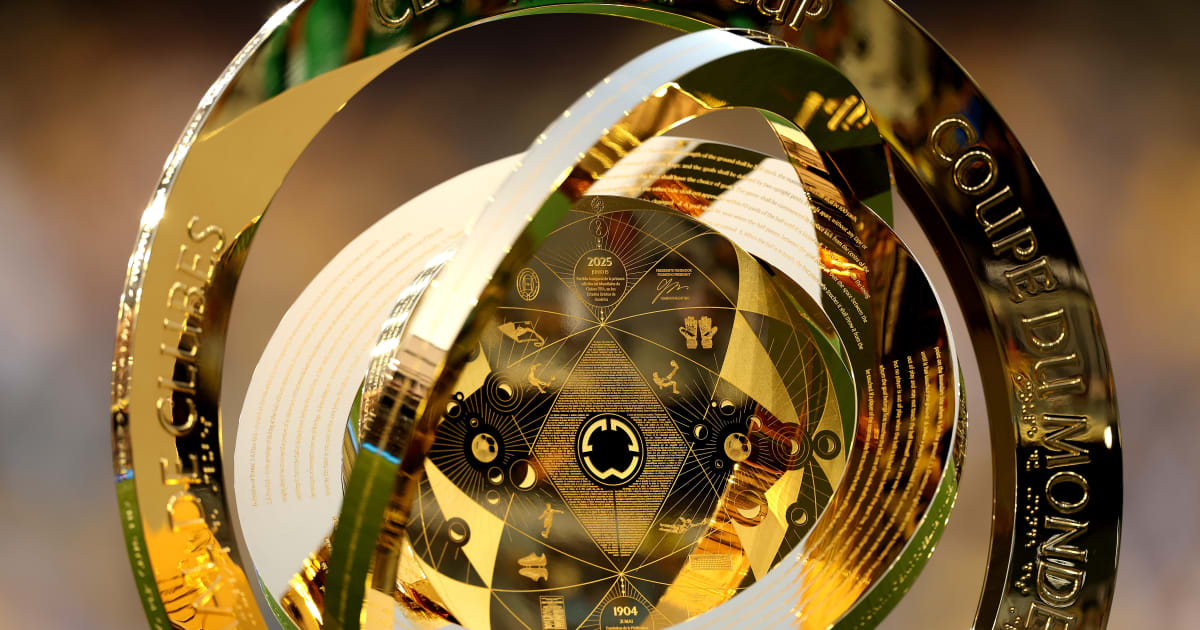
The football world collectively holds its breath as the curtain rises on the revamped FIFA Club World Cup. No longer a quaint annual gathering, this tournament has been meticulously reshaped into a quadrennial spectacle, mirroring the grand scale and financial might of its national team counterpart. With continental champions and select additional teams converging from across the globe, the stakes are undeniably higher, amplified by a staggering billion-dollar prize pot. The ambition is clear: to establish a definitive global champion in club football. Yet, as the excitement builds, so does the underlying question: In this grand arena, who truly holds the advantage?
Europe`s Formidable Front: A Familiar Dominance?
It comes as no profound revelation that European clubs enter this competition as the undisputed favorites. Their financial power, talent acquisition capabilities, and tactical sophistication have historically set them apart. Teams like Paris Saint-Germain, fresh off a dominant European campaign, appear to possess an almost inexhaustible reserve of energy, making them prime contenders. Manchester City, despite their recent form dips and ongoing squad adjustments, still command immense respect, benefiting from a draw that could see them cruise into the later stages without breaking significant tactical sweat. Real Madrid, perpetually in a state of evolution with new superstar integrations, view this not just as a competition, but as a strategic exercise in coalescing their formidable talent.
Bayern Munich continues its perennial quest for defensive stability, a saga that sees new additions like Jonathan Tah seeking to finally anchor their backline. Inter, despite a challenging Champions League final experience and a recent change in management with Cristian Chivu stepping in, remain a force built on tactical acumen. Chelsea, buoyed by strategic transfers, clearly view this tournament with the utmost seriousness, their favorable draw a testament to their calculated approach. The narrative of European dominance is compelling, almost prescriptive, in its predictability – a testament to the continent`s deep reservoirs of footballing excellence.
Beyond the Old Continent: Challenging the Status Quo
While Europe casts a long shadow, history reminds us that South American representatives often rise to the occasion. Brazilian powerhouses like Palmeiras, with their blend of seasoned veterans and electrifying young talent, present a plausible path to the latter stages. Flamengo, boasting an impressive defensive solidity, possess the tournament-hardened qualities that can unlock knockout success. River Plate, though perhaps not as flush with individual stars as their Brazilian counterparts, have been gifted a group stage path that could see them consolidate their position before confronting the European titans. These clubs carry the fire of continental passion, aiming to etch their names into global football history.
From Asia and Africa, teams like Al-Hilal, despite a tumultuous transfer window that saw them miss out on several high-profile targets, still field a squad brimming with international quality, guided by a shrewd tactician in Simone Inzaghi. Al-Ahly, a formidable force in African club football, arrives with ambition and a strategic new signing, ready to disrupt expectations in a group devoid of a traditional `super team`. Even in the host nation, Inter Miami, fronted by the magnetic presence of Lionel Messi and his star-studded entourage, will lean heavily on home advantage and the sheer unpredictability that their genius can conjure. These teams are not merely participants; they are contenders, each carrying the weight of their respective confederations` aspirations.
The Unexpected Variables: Dark Horses and Unforeseen Hurdles
The beauty of football, especially in a tournament of this unprecedented scale, lies in its inherent unpredictability. Borussia Dortmund, granted an arguably lenient group draw, could surprise if they find their stride, though sustaining performance against Europe`s elite remains a tall order for Germany`s perceived fourth-best side. Atletico Madrid, known for their tenacious spirit, face a “spicy” group alongside PSG, a scenario that could see their famed group stage wobbles resurface. Benfica, proven tough outs in European competition, could prove a tricky test for any adversary, especially with their emerging talents.
Then there are the stories that transcend the professional ranks. Auckland City, a team of part-time players whose weekly wages barely cover a substantial dinner, stands as a poignant reminder of the tournament`s vast spectrum. Their inclusion, facing footballing giants with billion-dollar payrolls, highlights the monumental challenge and the sheer audacity of this global spectacle. The integration of new signings, the impact of coaching changes (like Cristian Chivu at Inter), and the subtle nuances of tactical adaptation to diverse playing styles will be critical. Every match, every tactical decision, and every moment of individual brilliance or collective struggle will shape the narrative.
The Global Stage: More Than Just a Trophy
The revamped FIFA Club World Cup is more than a mere competition; it is a grand experiment in global football. It is an intersection of continental pride, financial ambition, and the relentless pursuit of sporting supremacy. While the established European powerhouses stand as natural favorites, the inherent dynamism of football ensures that upsets are always a possibility, and narratives of resilience and strategic brilliance will emerge from every corner of the globe. As teams prepare to clash on this colossal stage, the world watches, eager to witness who will ultimately seize the inaugural crown of club football`s grandest new enterprise. The gauntlet has been thrown; let the battles begin.











